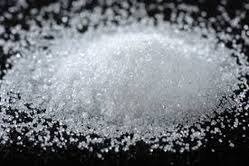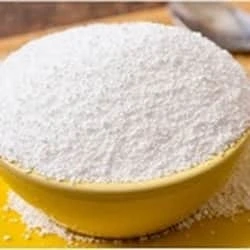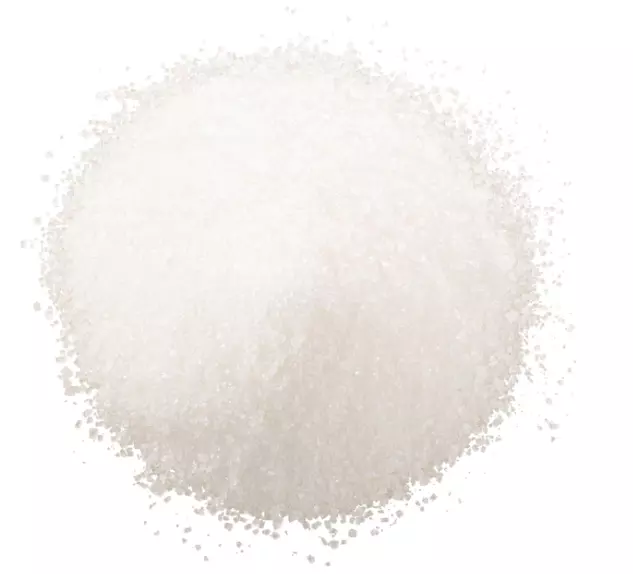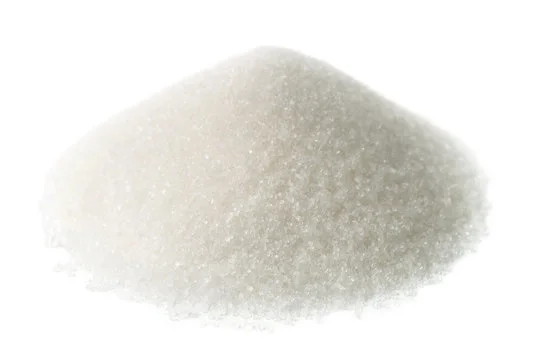Maltitol
|
IUPAC Name |
: (2S,3R,4S,5S)-4-Hydroxy-2,5-bis(hydroxymethyl)oxolan-3-yl β-D-glucopyranoside. |
|
Cas Number |
: 585-88-6 |
|
HS Code |
: 2940.00.00 |
|
Formula |
: C12H24O11 |
Basic Information
|
Appearance Name |
: White Crystalline Powder |
|
Common Names |
: Maltitol |
|
Packaging |
: 25 kg/bag (powder), 275 kg/bag (liquid), 1.3 MT/IBC |





